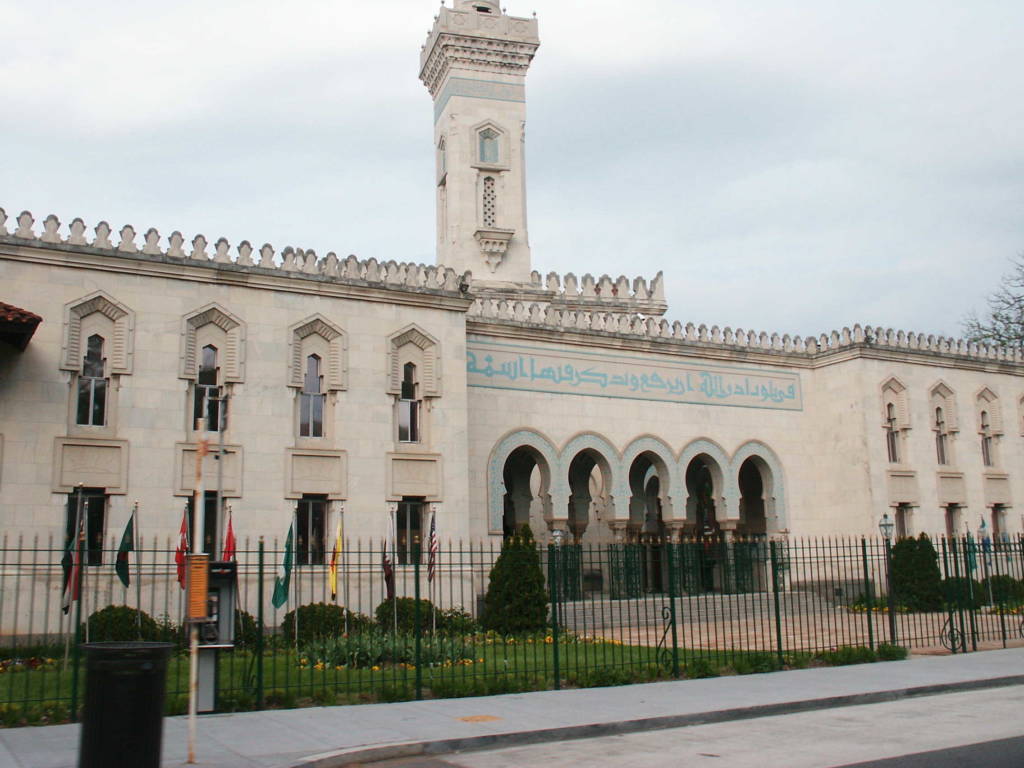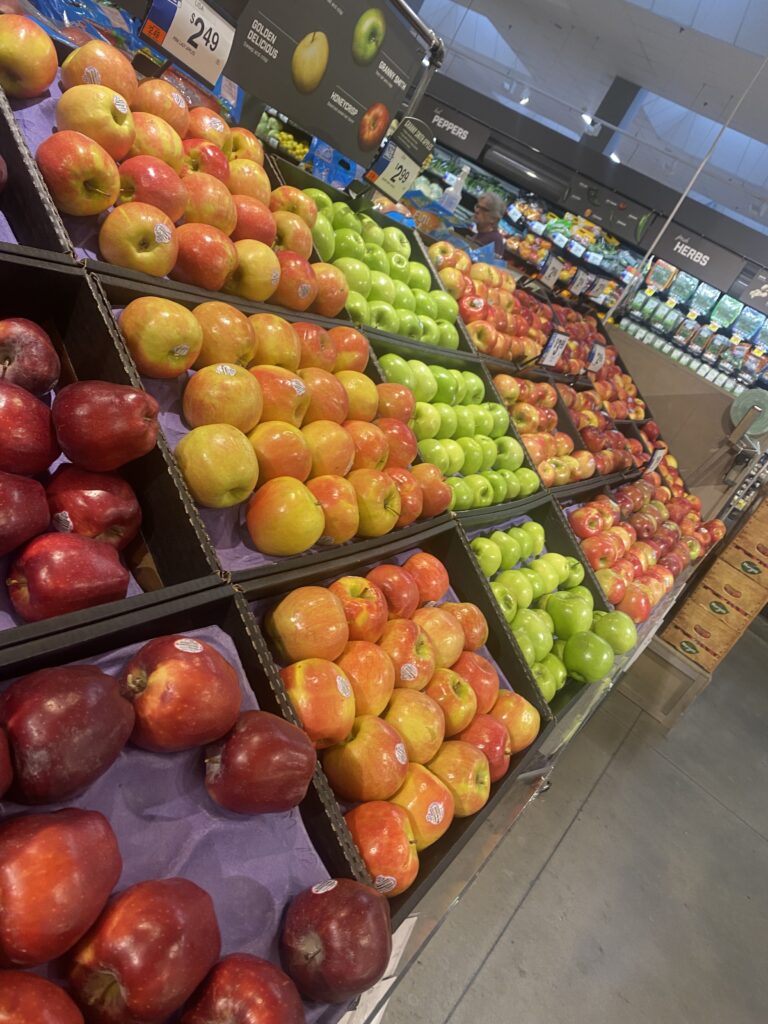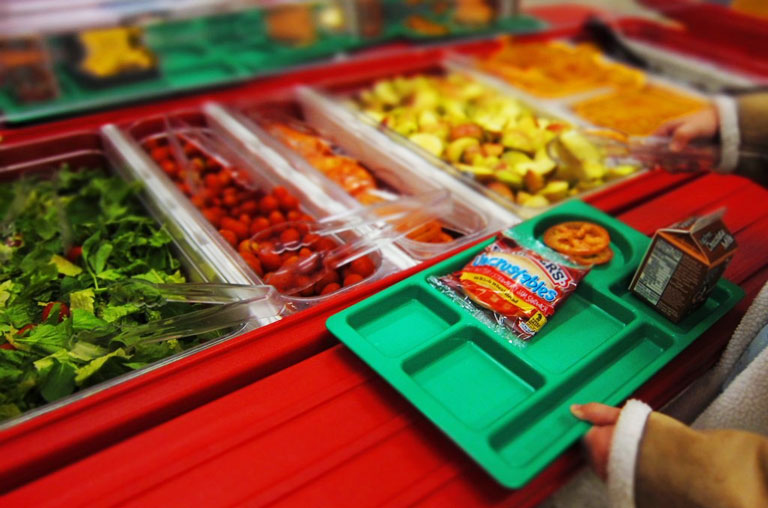Monday, June 6 marked the start to the Islamic holy month of Ramadan, which will bring its own set of challenges to impoverished and homeless members of the Muslim community.
Ramadan features 30 days of voluntary fasting from eating, drinking, cursing, smoking, and sex from sunrise until sunset, with the religious reasoning of cleansing yearly sins and empathizing with the people in need. The holy month begins on a different day every year in line with the Islamic calendar, which is based on lunar cycles. Ramadan is the ninth month on the Islamic calendar.
“This is the month that Ramadan is the longest; sun comes up early and goes down late,” said Charlton Battle, 56, who has been in and out of homelessness throughout his adult life He prefers to go by his Muslim name, Abdullah Talib, “It’s the longest part of the year, so this is a real tough fast.”
Talib converted to Islam in 1989 and “committed” to its teachings in 1995. He has housing, but said he has previously fasted while homeless and relied on community services for iftar, the breaking of your fast at sunset.

“I’ve never been in a situation where I wouldn’t have a meal, because Washington has a lot of masjids [Arabic pronunciation of ‘mosque’],” Talib said. “Most of them have free food, or Muslim stores will offer you enough to break your fast.”
The assurance that he would have a meal at the end of each day stems from one of the core components of fasting during Ramadan: generosity.
“It’s the month of giving,” Talib said. “It’s the month where people just share and give and give and share and invite you to their house to break your fast or to the masjids.”
Multiple mosques in and near D.C. will offer free iftar during Ramadan. Some of the most prominent include The Islamic Center of Washington D.C., which offers free iftar on Mondays and Thursdays; Fall’s Church’s Dar Al-Hijrah Islamic Center, which offers nightly iftar for the needy; and Silver Spring’s Muslim Community Center , which also offers free iftars.
Mosques haven’t been the only religious institution helping Muslims in need. For Jummah, the weekly Islamic Friday prayers, Talib and a group of Muslims regularly pray in D.C.’s Church of Epiphany, which he thinks signals strong interfaith respect.
“The most hated religion in the world at the moment, in a church. And you know, I just know this is God-sent,” Talib said. “This church allows us to have it, which is a beautiful thing, and I think that I was saying that we will be able to participate for Ramadan here for iftar. It’s gonna be a good one for me inshallah [Arabic phrase ‘if God wills’].”
Talib credits Islam for helping him get his life back on track. For him, Ramadan is also about redemption: overcoming incarceration, homelessness and poverty.
He is not alone in using religion as a coping mechanism. Talib recalls meeting a Muslim couple in one of his previous shelters who were constantly under the influence. Yet they would always stop, pray or go to Jummah. They inspired Talib to become more devoted and get clean.
“I finally went to a mosque, and I seen the peace in it and everything, so I decided that’s what I wanted to be,” he said, “But after ’95, I had been incarcerated, so I had to study and live it daily for a couple years so that it became a habit, and I learned a lot about it, and I understood it.”
Getting clean for about six and a half years helped Talib get back on his feet, get married and “stay focused.” After beginning 2016 in a homeless shelter, Talib is prepared to accept Ramadan and all its challenges with open arms.
“It’s like starting all over again with me and this being my first Ramadan,” Talib said. “It’s all on my own again. It’s kind of fearful, going into it this year and starting my life all over again. I think it’s a beautiful challenge.”








